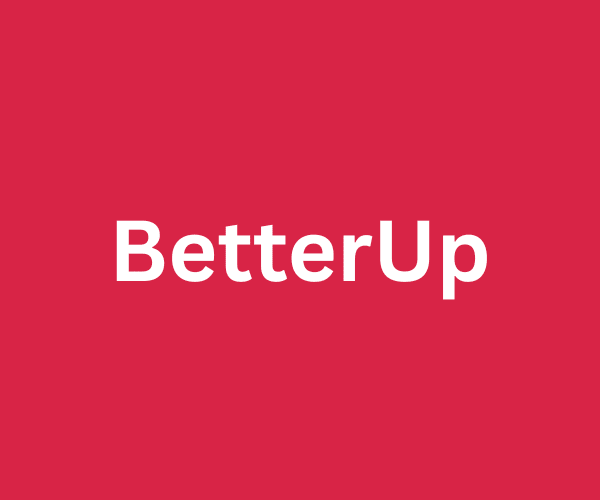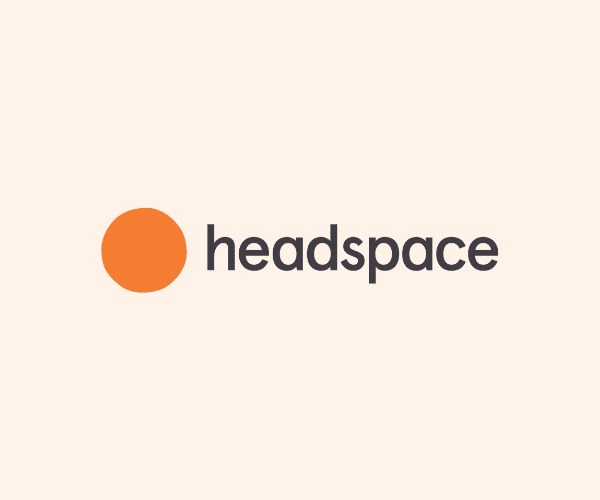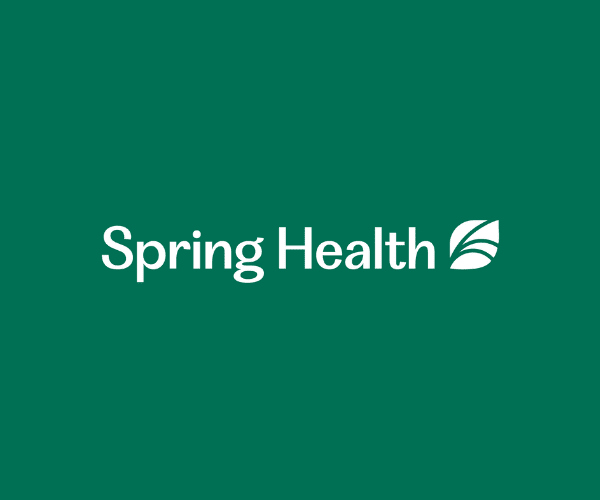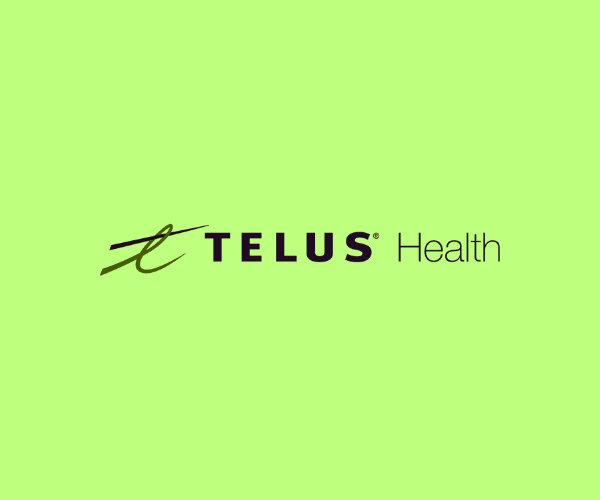Top 10 AI-Powered Platforms for Employee Wellness & Health
More often than not, employees experience escalating levels of burnout, yet the pressure to perform prevents them from voicing their concerns. This quiet struggle, multiplied across organizations, highlights a major limitation of conventional wellness programs. Fortunately, AI-powered platforms for employee wellness now enable companies to go beyond generic efforts and deliver proactive, personalized support at scale.
These platforms utilize data analytics and machine learning to identify trends and predict stressors. As a result, organizations can provide timely, confidential resources directly to employees. This approach ensures that employee wellness becomes a core priority rather than just an optional HR initiative.
Here’s a closer look at how AI-enabled platforms are transforming employee well-being initiatives.
Top AI-Powered Platforms for Employee Wellness

Below are 10 leading AI-powered platforms that are revolutionizing corporate health and well-being initiatives. Each solution emphasizes employee wellness by combining AI insights with personalized care, ensuring measurable improvements in workforce health.
1. Personify Health
Personify Health is an all-encompassing platform bringing together wellness, benefits navigation, and healthcare advocacy. Personalized through its AI engine, the user experience is tailored by suggesting appropriate wellness challenges, content, and health plan resources. Such suggestions are typically drawn from individual profiles and behavior. This platform focuses on guiding employees to the right care at the right time, reducing costly and unnecessary medical claims.

Key Features:
- AI-driven personalization recommends tailored challenges and content.
- Integrated scheduling for health coaching and therapy sessions.
- Gamified challenges and incentives to boost engagement.
- Comprehensive data analytics for measuring program ROI and population health.
Why It Stands Out:
It integrates advanced analytics with personalized health navigation, making wellness programs more impactful and cost-effective for organizations.
2. Vantage Fit
With a primary emphasis on physical health, Vantage Fit utilizes AI to develop personalized fitness and dietary regimens. It connects with wearable technology, such as Fitbit, to collect activity data. Then, the algorithm adjusts daily targets, challenge level, and health information on a daily basis. That keeps users motivated and engaged, turning isolated activities into a cohesive wellness journey.

Key Features:
- Virtual fitness challenges with step tracking and activity logging.
- Personalized health insights and recommendations based on user data.
- Integrated nutrition guidance with calorie and water intake tracking.
- Rewards and recognition system to motivate sustained participation.
Why It Stands Out:
Notably, it integrates wearable data to deliver adaptive fitness and nutrition plans, gamified challenges, and rewards, maximizing sustained employee engagement and activity.
3. BetterUp
BetterUp specializes in mental health and fitness, along with professional coaching through AI-driven personalized matching. The core mantra of this platform is about connecting employees with the ideal human coach from its global network based on an individual’s specific goals, personality, and needs. AI also provides coaches with insights to make sessions more impactful, focusing on resilience, leadership, and purposeful growth.

Key Features:
- Focus on whole-person development, including mental fitness and leadership.
- Personalized coaching journeys based on individual assessment data.
- Real-time in-the-moment micro-learning and support via mobile app.
- People Insights dashboard providing aggregated organizational trends (anonymized).
Why It Stands Out:
It combines AI-driven personalization with expert coaching, fostering holistic growth in both professional and personal areas
4. HeadSpace
Headspace uses ML to curate and recommend specific mindfulness and sleep content tailored to user behavior and stated needs. Its AI helps nudge employees with timely, bite-sized sessions. These are designed to combat stress, improve focus, and build long-term mental resilience habits directly within their workflow.

Key Features:
- AI-curated content recommendations based on mood and goals.
- “SOS” sessions for managing acute moments of stress or anxiety.
- Focus modes and mindful activity guides for the workplace.
- Admin dashboard to track usage and engagement metrics.
Why It Stands Out:
Notably, it offers AI-curated mindfulness and sleep programs with bite-sized “SOS” sessions and workflow-friendly nudges, improving focus, stress management, and daily resilience.
5. Fitbit Premium
While known to consumers, Fitbit Premium uses aggregated and anonymized data. It provides organizations with powerful insights into workforce wellness trends. AI analyzes population data to identify stress patterns, sleep deficiencies, and activity levels. So employees can tailor their wellness initiatives to address company-wide well-being gaps proactively.

Key Features:
- Tracks a wide range of health metrics (activity, sleep, heart rate).
- AI-powered Health Metrics dashboard for tracking trends over time.
- Personalized workout and mindfulness sessions based on user data.
- Sleep tools with personalized scores and improvement guidance.
Why It Stands Out:
Notably, it leverages wearable metrics at scale, offering anonymized population insights, personalized workouts, and sleep tools to guide targeted, data-driven wellness initiatives.
6. WellSteps
WellSteps is focused on population health management. It employs AI to analyze participant data and program engagement to predict which employees are at the highest risk for chronic conditions. This allows for targeted interventions, automated communications, and personalized messaging. It guides high-risk individuals toward preventative health resources and screenings, improving ROI.

Key Features:
- An AI-driven communication engine that automates personalized messages.
- Focus on health behavior change through education and challenges.
- Comprehensive biometric screening integration and health assessment.
- Robust reporting suite demonstrating healthcare cost and productivity impact.
Why It Stands Out:
Notably, it predicts high-risk employees using AI, automates personalized communications, and integrates biometric screening to enable preventive interventions and measurable program ROI.
7. Spring Health
Spring Health is a mental health platform that uses proprietary AI and clinically validated assessments. It precisely and rapidly identifies the root cause of an employee’s mental health concerns. Its most significant innovation is its AI-powered care navigation, which provides a personalized treatment plan. It reduces the guesswork and delay in accessing effective care.

Key Features:
- Provides access to a vetted network of therapists, coaches, and medication providers.
- A dedicated Care Navigation team to guide employees to the right care.
- Measurement-based care to track progress and improve outcomes.
- Advanced employer dashboard with actionable insights on workforce mental health.
Why It Stands Out:
Notably, it combines clinically validated assessments with AI-powered care navigation to swiftly match employees to precise treatments, improving access and treatment outcomes.
8. Limeade
Limeade is designed to boost employee engagement and emotional well-being through its AI-driven listening tools. It gathers real-time feedback, detects disengagement risks, and provides personalized recommendations to improve morale. Moreover, it integrates seamlessly with HR systems, making it easy to track progress and measure impact. As a result, organizations can build a more connected, motivated, and thriving workplace culture.

Key Features:
- Continuous listening tools to measure employee sentiment.
- AI-driven recommendations to reduce stress and improve morale.
- Integration with HR systems for seamless engagement tracking.
- Personalized wellbeing journeys with targeted nudges.
Why It Stands Out:
It excels in delivering personalized, science-backed wellbeing programs that strengthen engagement, reduce burnout, and improve overall workforce health.
9. Koa Health
Koa Health is an AI-powered platform dedicated to improving mental well-being and behavioral health. It blends AI insights with clinically proven methods to deliver personalized support for stress reduction, resilience building, and healthier lifestyle choices. In addition, it provides scalable digital self-care tools alongside professional guidance, ensuring employees get the right support when they need it most.

Key Features:
- Evidence-based mental health programs enhanced with AI insights.
- Personalized self-care plans for stress, resilience, and lifestyle improvement.
- Access to digital tools and professional support for greater impact.
- Scalable solution designed for diverse workforce needs.
Why It Stands Out:
It merges AI insights with clinically validated methods, ensuring scalable, personalized mental well-being solutions.
10. TELUS Health
TELUS Health offers a comprehensive employee assistance program enhanced with AI, designed to support mental health, counseling, and lifestyle needs. By analyzing individual patterns, it delivers personalized recommendations that guide employees to the right resources quickly. Furthermore, the platform seamlessly integrates with existing HR systems, enabling organizations to track engagement and outcomes effectively, while fostering a healthier, more resilient, and motivated workforce.

Key Features:
- AI-powered triage system for faster access to care.
- 24/7 access to virtual counseling and mental health support.
- Personalized wellbeing recommendations across multiple dimensions.
- Employer dashboard for trend analysis and engagement metrics.
Why It Stands Out:
It blends AI recommendations with holistic assistance, offering employees seamless access to mental health, counseling, and lifestyle resources.
All in all, these platforms are meant to support remote employees as well as those working from the office. While all of them use AI, their applications vary widely. The choice depends on particular wellness objectives and the problems it aims to solve. Organizations that prioritize employee wellness when selecting tools are more likely to see long-term engagement, reduced turnover, and stronger productivity gains.
How to Select the Best AI-powered Platforms for Employee Wellness?
Choosing the right platform requires a strategic approach that aligns technology with human needs. Here are the top factors to consider.
Define the “Why”
First, you need to identify your primary goals. Do you want to reduce burnout, improve physical health, boost engagement, or lower healthcare costs? Your goal dictates the platform’s required features.
Ensure Clinical Validity & Security
AI and its assessments must be built on proven science. Verify data security protocols (like HIPAA/SOC 2 compliance) to protect sensitive employee health information.
Evaluate Integration Capabilities
The platform should integrate seamlessly with your existing HR tech stack (e.g., HRIS, communication tools like Slack/Teams) for a unified experience and easier data management.
Analyze Data & Reporting
It must provide clear, actionable insights into program engagement and overall workforce well-being trends. All the while, it rigorously protects individual employee anonymity.
Check for Human Support
The best platforms blend AI with access to human experts—like coaches or therapists—for support that technology alone cannot provide.
Assess Vendor Support & Implementation
Choose a vendor that offers strong customer success support, clear implementation guidance, and change management resources to ensure high adoption rates.
It’s important to sift through the hype platforms and choose what’s really needed for your employees.
Let’s Conclude
In conclusion, the AI-powered platforms for employee wellness discussed in this blog represent a fundamental shift — moving from reactive, generic programs to proactive, personalized systems. Moreover, with AI technology, organizations can go beyond simply offering resources and actively cultivate a resilient, engaged, and thriving workforce. Consequently, the ultimate goal is no longer just participation, but measurable improvements in well-being outcomes.
Therefore, choose wisely, and additionally, explore the top AI platforms for task automation to streamline operations and ease the workload on employees.
FAQs
Is employee data on these platforms secure and private?
Reputable vendors prioritize security with certifications like HIPAA and SOC 2. Employee data is typically aggregated and anonymized for organizational reporting, ensuring individual privacy is protected.
What kind of return on investment (ROI) can we expect?
ROI is measured through reduced healthcare costs, lower absenteeism, and improved productivity. The most significant returns come from increased employee retention and engagement, which are major cost drivers for businesses.
How do we ensure employees actually use the platform?
Success hinges on strong leadership endorsement, seamless integration into existing workflows, and choosing a platform with an intuitive user experience. Communication and demonstrating the tangible value to employees are critical.
Can these platforms replace human therapists or coaches?
No, they are designed to augment human support, not replace it. AI excels at scaling access to resources, initial assessments, and guidance, but it directs employees to live, qualified professionals when clinical or deep support is needed.







